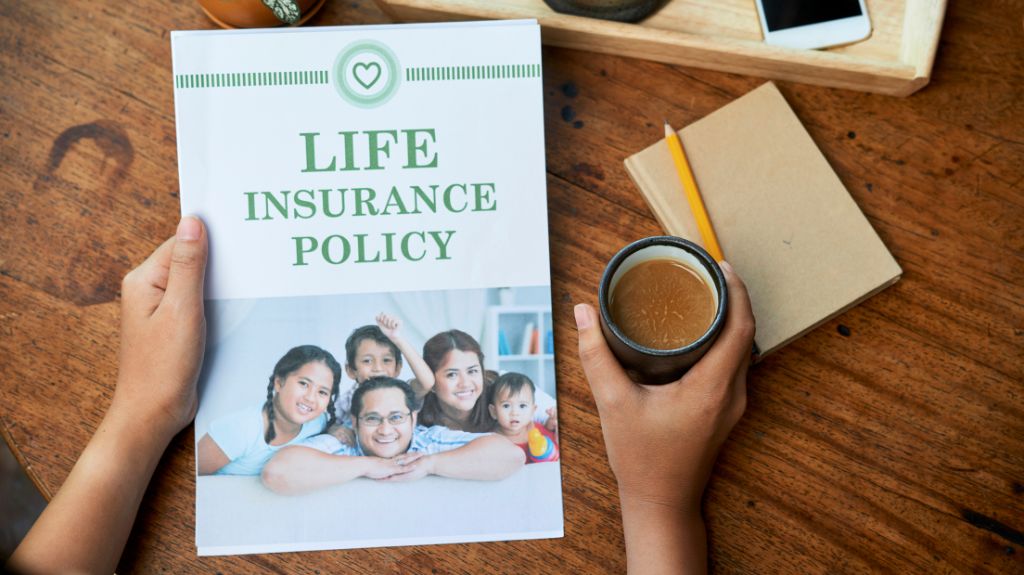It’s a frightening thought, but if you or your partner died tomorrow what kind of financial state would your family find itself in? Even if you don’t have dependents, investing in life insurance is an important consideration for anyone paying off a mortgage – unless you actually want your family to be stuck with your debts when you’re gone.
Peace of mind
Life insurance can pay off your mortgage, debts and other costs (such as funeral) and provide your family with a lump sum. It can also ensure important goals are met, such as paying for your children’s school fees or tertiary education. But with the rising cost of premiums and so many different policies to choose from, it’s important to know you’re getting the best deal.
Already covered by your super fund?
If you have superannuation, you probably also have life insurance, unless you’ve actually specified that you don’t want the cover. Life insurance with your super account is usually cheaper and more cost-effective than a separate policy, but it’s not without its problems.
Problems with superannuation life insurance:
Cover amount: Automatic standard cover for a 40-year-old man with a major industry super fund can be as low as $130,000, which is unlikely to be enough if you have a family and a mortgage. You can normally elect to insure for a higher amount, sometimes without a medical, but of course that will usually affect your premium.
Beneficiaries: The insurance payout will be paid to the super fund trustee, not your estate. To ensure your wishes are followed, you must make a binding nomination, lodge it with your fund and update it every three years, otherwise it will be up to the trustee to decide how the money is distributed. This can get tricky if you have complicated family circumstances.
It’s more important than ever to know how much you’re paying for life insurance and what you get in return because insurance premiums for major industry super funds have gone up dramatically. It’s a development that could take bite-sized chunks out of your retirement savings.
Life insurance inside or outside super?
| Policy outside super | Policy inside super | |
|---|---|---|
| Premium costs | More expensive | Less expensive |
| Health check needed | Yes | No |
| Payout time | Quicker | May take many months |
| Expires at age | 90 (but beware – premiums can be astronomical) | 65 – 70 |
How much cover do you need?
To estimate how much life insurance you need, online calculators can be useful (try your super fund’s site). Or you could just employ this simple formula:
Your annual salary x 10.
Frank Ceravolo, head of advice at AustralianSuper, adopts a somewhat more sophisticated approach he calls CIMER, in which you add together all of the following to work out your total cover:
- Clean up: cover for short-term expenses, e.g. your funeral
- Income: lump sum to provide an income for your family
- Mortgage repayment amount
- Education costs for each child
- Retirement funding for your partner.
Checklist
Look for answers to the following questions before taking out cover:
- What’s covered? Make sure your policy covers death from illness, as some cover accidental death only.
- What’s not covered? Suicide is usually not covered for the first 13 months.
- How much will be paid after a claim? Check how much you will be paid, as well as the conditions, if you’re diagnosed with a terminal illness.
- What will the premiums cost now and in the future? Are stepped or level premiums better for you? This can depend on your age, how long you need cover for and whether your needs may change in the future.
- Can I increase my cover without a new health check if my situation changes? You can usually increase your cover if you take out a new mortgage, marry or have a baby.
- Can I switch to a new policy? Check with the new fund about their application requirements. Sometimes you don’t need a full health check if your old insurer assessed your health within the last five years. Cancel your old cover only once you’ve been accepted by your new insurer.
Reference: Choice


